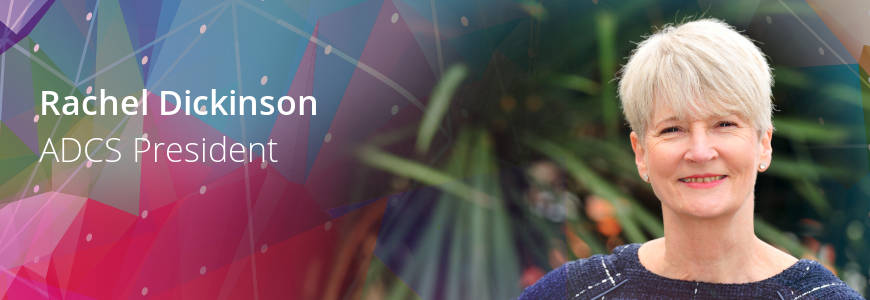Domestic Abuse: Policy Context

Domestic abuse can happen to anyone, at any age. The Home Office published new research at the start of the year which estimated that responding to domestic abuse collectively cost the criminal justice system, civil and legal services, social care, housing and health services a staggering £66 billion in 2016/17. The human costs are incalculable.
National prevalence data only deals with adults, however, the Home Office estimated between a quarter and a third of all children and young people would be exposed to violence, most usually in the home, over and above two million adults. Domestic abuse continues to be the most common factor in children’s social care assessments, this includes children themselves being the subject of domestic abuse, witnessing a parent being abused or concerns about another person in the household being subject of abuse. It is one of the main factors in re-referrals too.
Domestic abuse factored in all cases from all categories of serious and fatal maltreatment in the latest triennial review of serious case reviews, which warned that our incident-led responses increase the likelihood of exposure to harm continuing for extended periods of time. Both the triennial review and Ofsted have reinforced the view that in tackling this issue we must maintain a strong focus on early help and prevention which will require a step-change in how professionals, and society, understand and respond to abuse, with perpetrators, as well as victims, being in focus going forward. However, as local authority budgets continue to fall, we find ourselves cutting the very services that help us to intervene early and stop abuse in its tracks.
The widespread nature of this issue in terms exposure and the impact it has on the workload of professionals suggests a public health style response is the only sensible way forward. In recent years we have moved away from thinking about domestic abuse as a private family matter or a police matter to treating it, rightly in my view, as a serious safeguarding concern. Experiencing parental conflict and domestic abuse can have a lifelong impact on children and young people’s mental health, their educational attainment and the success of their own future relationships. Concerted action – and funding – is needed to ensure they can access emotional, psychological and practical support when and where it is required to break generational cycles of trauma and abuse.
ADCS welcomes a renewed focus on domestic abuse, yet the government’s plans, and the accompanying £20 million funding package, do not reflect the scale, reach or severity of this issue. The Draft Domestic Abuse Bill seeks to increase reporting but the necessary support services for perpetrators, victims and their families are lacking or absent after a decade of austerity, and the drivers of abusive behaviours largely overlooked.
A collaborative, cross-government strategy for tackling domestic abuse is urgently required. This should seek to raise awareness, enable more effective identification and provision of support at the earliest possible opportunity and, crucially, prevent domestic abuse taking place. A national public service campaign to tackle public attitudes whilst deterring perpetrators is overdue and should be at the heart of a public health approach to turn the tide on this silent epidemic.
Rachel Dickinson is the Executive Director People at Barnsley Metropolitan Borough Council and President of ADCS 2019/20.
This article first published in CYP Now on 30 April. | www.cypnow.co.uk/cyp/other/2006637/domestic-abuse-policy-context
Related Articles
John Pearce comments on measures to introduce mandatory reporting in the...
In Safeguarding & Child Protection
John Pearce responds to the National Panel’s annual report.
In Safeguarding & Child Protection
John Pearce on the government’s response to the Safeguarding children with...
In Safeguarding & Child Protection
ADCS responds to a further consultation on mandatory reporting by the Home...
In Safeguarding & Child Protection
Unaccompanied asylum seeking (UAS) children have received substantial media...
In Asylum
ADCS response to the DfE’s consultation on updates to its information...
In Safeguarding & Child Protection
ADCS has responded to the recent DfE consultation on updates to Working...
In Safeguarding & Child Protection
ADCS response to the government consultation on a new mandatory reporting duty.
In Safeguarding & Child Protection
John Pearce comments on the government response to the final report of the IICSA
In Safeguarding & Child Protection
ADCS response to the Child Safeguarding Practice Review Panel’s phase two...
In Safeguarding & Child Protection
John Pearce comments on mandatory reporting of csa
In Safeguarding & Child Protection
Steve Crocker responds to the Children’s Commissioner’s report on...
In Safeguarding & Child Protection
ADCS President Steve Crocker said: “The Association has significant concerns...




